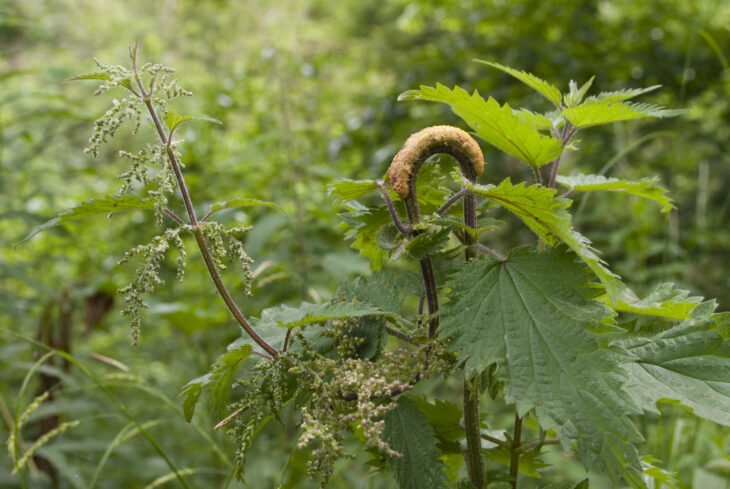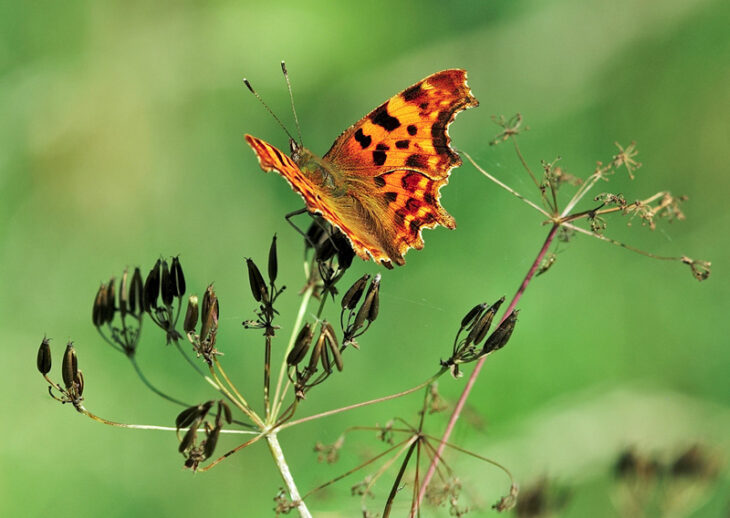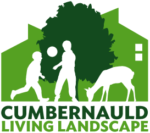It’s time to reconsider our relationship with nettles
,
Nettles get a bad rap. Everybody has a story of getting a painful sting from them.

We’re all too familiar with the horrible, lingering, pulsating, annoying sensation after you brush past their leaves. But, I’m about to rock the boat by saying that we should be encouraging more nettles into our lives. These are plants that truly deserve a reappraisal in our culture.
Nettles are amazing plants. They have immense value for wildlife, and in our homes and gardens.
They are a great indicator plant that can tell us how rich our soil is, because they only grow in soil with lots of nutrients. That is why they often appear around both present and past human settlements – they just love the rich soils we leave behind!

They are home to many of our favourite pollinators such as the peacock, small tortoiseshell and comma butterflies, which live on them as caterpillars. Nettles are also important habitats for ladybird larvae, which use the plants as a lure for aphids.
Nettles are also a super food, containing lots of iron. Believe it or not they can be prepared in many ways – steamed, soups and much more. They can also be made into a delicious herbal tea remedy for many ailments including asthma, eczema and hay fever. They’re also useful for gardeners. They contain lots of nitrogen that can act as a natural activator, speeding up the decomposition process in compost heaps.
Lots of gardens and green spaces can be over-manicured and this can be a detriment to nettles. We need to start seeing their benefits and look at them in context. Even giving over a small space in the back of the garden or in the corner of a park, could provide a vital habitat for many organisms. We should look again at nettles, to see them as an important link in the chain of our ecosystems
David Walsh, Project Officer (
